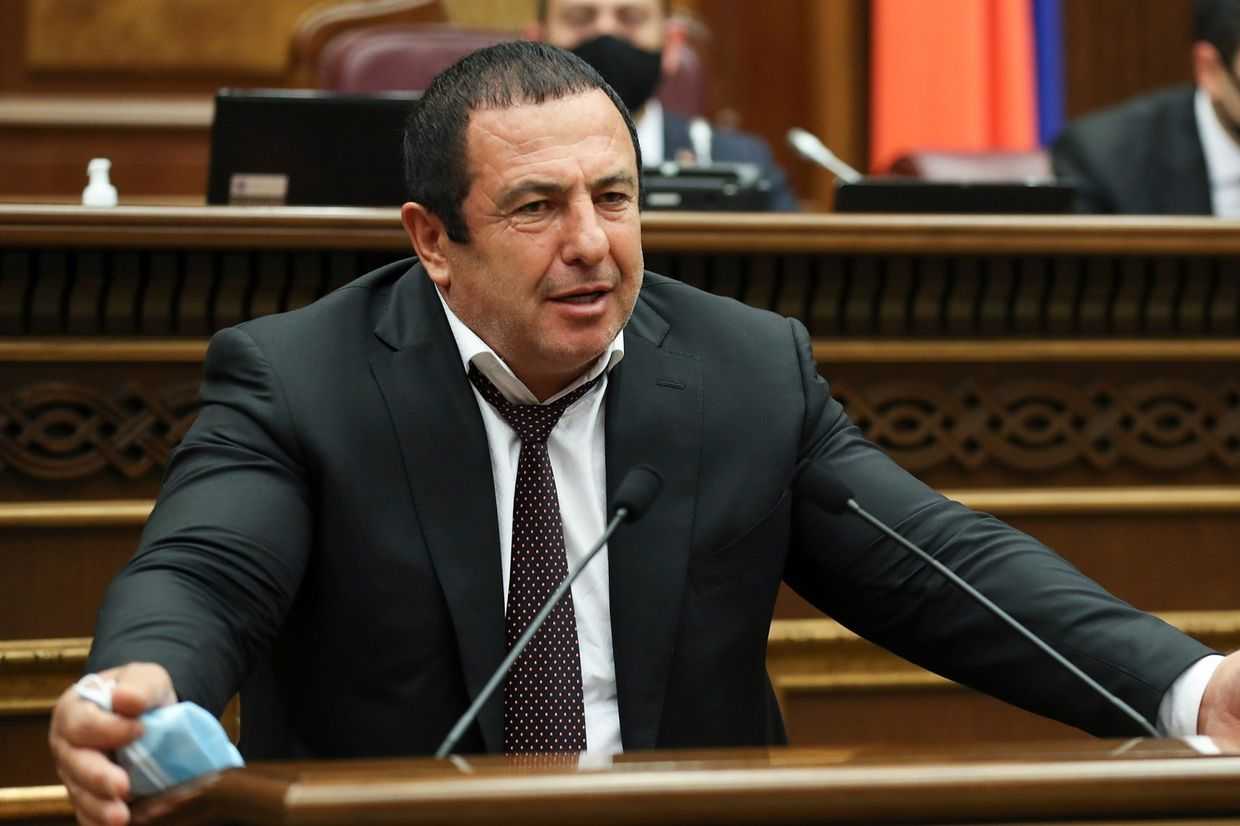
Human Right Watch (HRW) has published two separate reports on the unlawful use of explosive weapons by Armenian and Azerbaijani forces.
HRW has published two reports on the ‘indiscriminate’ attacks during the second Nagorno-Karabakh War by Azerbaijani and Armenian military forces, respectively.
One report focuses on attacks that by Armenian forces in or near Barda, Fuzuli, Ganja, Goranboy, Naftalan and Tartar and the second on attacks by the Azerbaijani military on Stepanakert (Khankandi), the capital of Nagorno-Karabakh.
‘Indiscriminate’ attacks
The report documents 11 incidents in which ‘Armenian forces used ballistic missiles, unguided artillery rockets, and large-calibre artillery projectiles that hit populated areas in apparent indiscriminate attacks’.
Another four cases investigated by HRW showed attacks on civilians or civilian objects in areas ‘where there were no apparent military targets’.
The report also notes that Azerbaijan had put civilians at risk by locating military objects within or near densely populated areas and failed to remove civilians from the vicinity of military activities, but that the presence of military objects did not permit Armenian forces to use ‘inherently inaccurate explosive weapons with a large destructive radius in populated areas’.
‘Attacks using weapons that cannot be directed at a specific military objective and so do not distinguish military targets from civilians and civilian objects, are indiscriminate, violating the laws of war,’ the report reads.
Attacks ‘prohibited under the laws of war’
The investigation was carried out on-site in Stepanakert in October and November. According to the report, HRW was able to investigate only a small number of attack sites in Stepanakert.
Human Rights Watch found numerous incidents in which ‘inherently indiscriminate cluster munitions’ and Smerch and Grad rockets — which are not capable of precision targeting — were used.
HRW documented incidents of multiple strikes in less than a minute on residential homes which suggests ‘possible bombardment — treating the whole area as a military target’, something which is ‘prohibited under the laws of war’. HRW also stated that Azerbaijani forces attacked infrastructure, including electricity and telecommunications, that ‘may have had an unlawfully disproportionate impact on the civilian population’.
While the attacks on infrastructure with dual military-civilian use, such as the city’s main electrical power stations and the telecommunications’ provider Karabakh Telecom — can be considered legitimate military targets as they were used by the armed forces as well, the report also states that ‘the laws of war prohibit an attack on such a target if the anticipated civilian harm caused would be excessive in relation to the military advantage’.
The report condemns Nagorno-Karabakh authorities for having military bases and dual-use infrastructure in Stepanakert near the civilian population, putting the latter unnecessarily at risk.
The report also states that residential areas were attacked with ‘inherently indiscriminate weapons and dropped aerial munitions and fired heavy artillery into populated areas that contained no apparent military objectives’.
‘War crimes’
Both reports concluded that ‘while there is no general prohibition against the use of explosive weapons in populated areas, the use of weapons that are inherently indiscriminate, such as cluster munitions or unguided rockets, may invariably cause indiscriminate harm to civilians and civilian objects.’
The reports continued by stating that ‘serious violations of the laws of war by individuals with criminal intent, deliberately or recklessly’ were war crimes and that governments had a ‘duty to investigate allegations of war crimes’ by their own forces and prosecute those responsible.
Human Rights Watch also called on Armenia and Azerbaijan to endorse an upcoming international declaration that would ‘commit them to refrain from using explosive weapons with wide-area effects in populated areas’.







